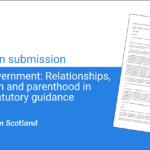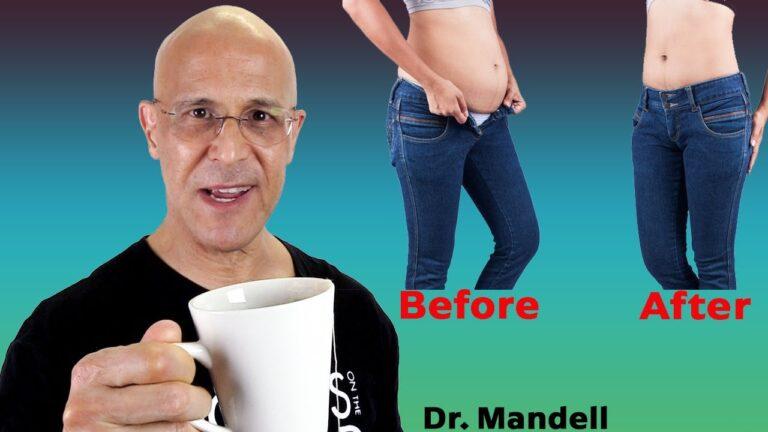The two hospitals join a growing group of more than 170 facilities worldwide which have switched to a “sip ’til send” model popularised in the UK. In South Australia, Royal Adelaide Hospital has also adopted the policy.
Anaesthetist Dr Louisa Lowes, Prince of Wales’ director of perioperative medicine and one of three clinicians at the hospital who led the change, said there had been no increase in adverse events since the change in July.
“Our big concern is that patients waiting for theatre can get quite uncomfortable when they can’t have anything to drink at all,” she said.
The previous fasting regime also presented a problem when procedures were delayed, Lowes said.
“Staff will be hesitant to give someone a drink because they don’t know if they will need to be sent in the next two hours, and as a result people have been fasting longer than they need to.”
The Australia and New Zealand College of Anaesthetists rewrote its elective surgery fasting guidelines in 2022, reducing the recommended fasting time from clear liquids from six hours to two.
Professor Joanna Sutherland, chair of the college’s safety and quality committee, said evidence was increasingly showing that the old rule of “fasting from midnight” from liquids before a procedure did more harm than good.
She said liquids not only did not pose the same risk of vomiting or choking – through airway blockage or inflammation of the lungs from acidic material – as solids, but likely even helped reduce it.
“We now understand the longer a normal stomach is kept empty of clear fluids, the more likely the acidic environment in the stomach could cause damage to the lung,” she said.
“If you give a small amount of fluid it will not only dilute the acid but will also encourage the stomach to empty.”
She said it was possible further changes to the college’s fasting guidelines for clear liquids could occur. However, she said anaesthetists were “very risk averse”, and there was a need to not over-complicate the message to patients.
Sutherland said it was important for patients to take their fasting instructions from their own surgical team, noting a variety of medications – including opioids and appetite suppressant drugs, such as Ozempic – impact the speed at which the stomach empties.
In private hospitals, fasting directions are usually determined by individual surgeons.
This content was originally published here.




















